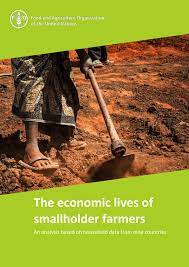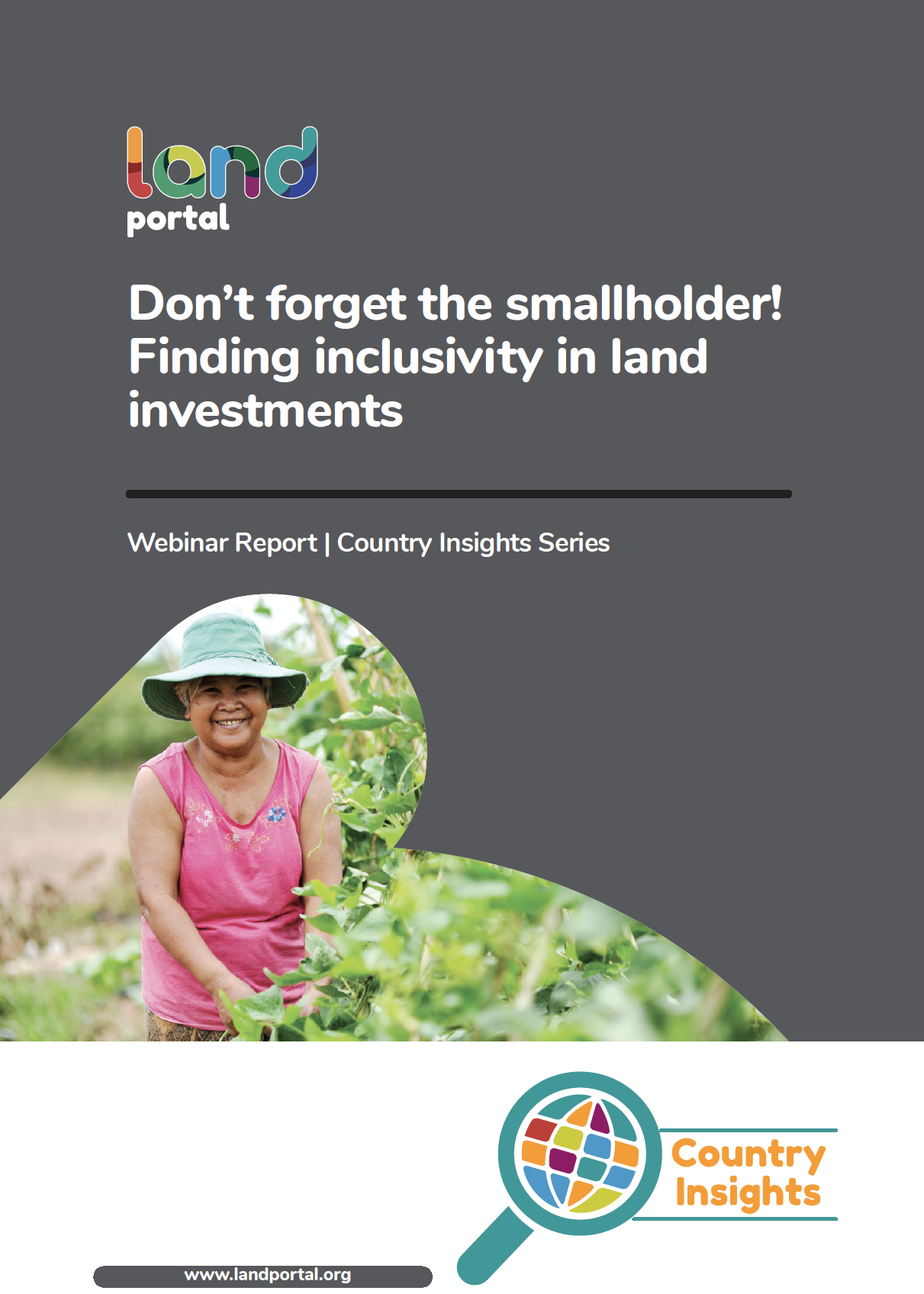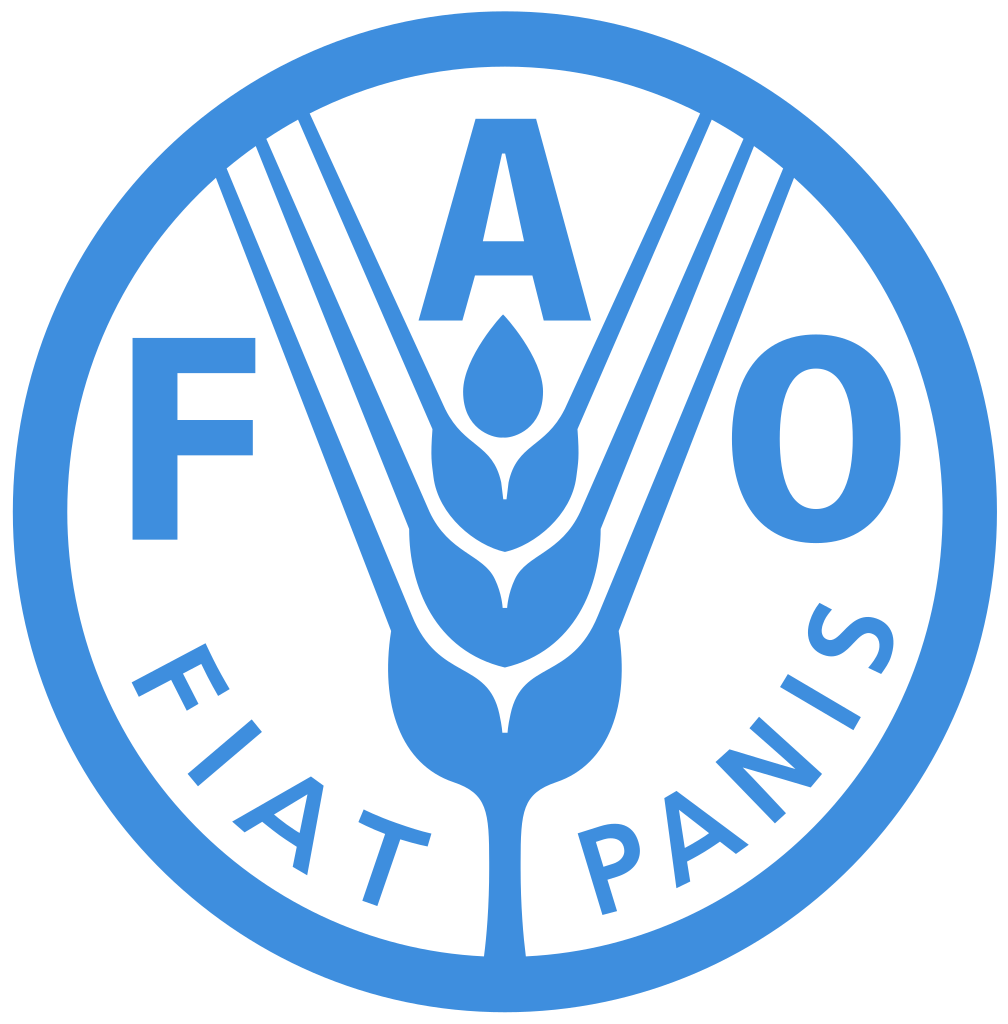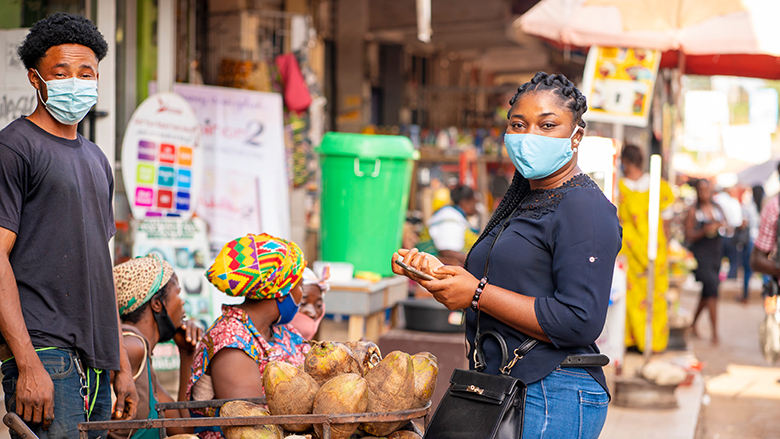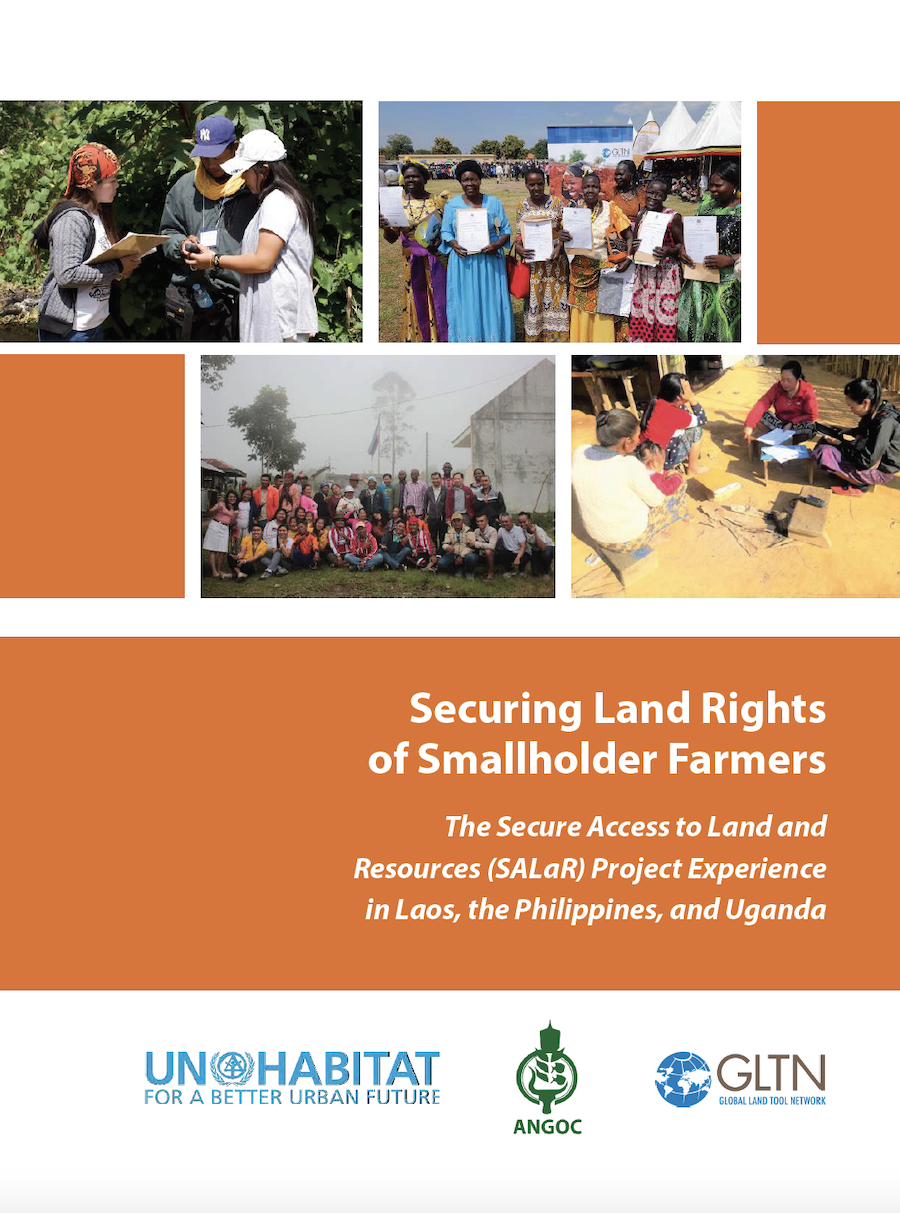Adoption of farmer managed natural regeneration in Senegal. Included in Restoring African Drylands
Valuable lessons can be learned from smallholder farmers who have successfully protected and regenerated tree cover across agricultural landscapes in Senegal, with minimal reliance on tree nurseries, seedling distribution or tree planting. In the process, they have restored soil fertility to sustainably increase agricultural production.


